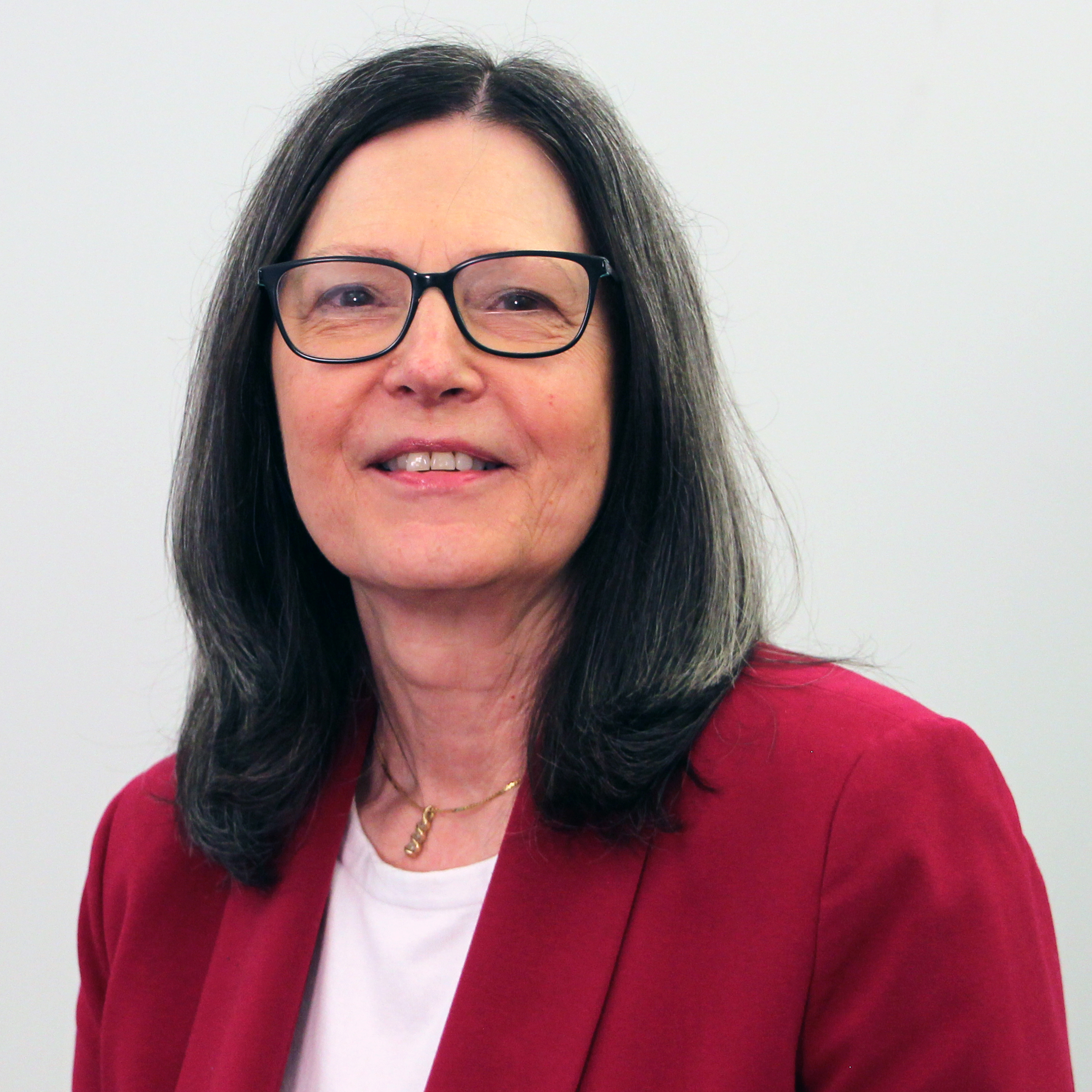Meet Your ONS Leader: Marty Polovich, PhD, RN
Get to know Martha (Marty) Polovich, PhD, RN, director-at-large on the ONS Board of Directors from 2019–2022. Marty is a part-time instructor in the Byrdine F. Lewis College of Nursing and Health Professions at Georgia State University in Atlanta.

How long have you been a nurse?
I’ve been a nurse for 49 years. Not all have been in oncology, but most of it.
What led you to oncology nursing?
The hospital I worked in as a staff nurse had no oncology unit until my med-surg unit morphed into an oncology unit because we provided excellent care. The medical oncologist recognized that and started requesting that all his patients be admitted to our floor. Our nurse manager identified the need for oncology nursing education and made it happen. The patients were challenging, but the oncology nursing knowledge was fascinating. I knew this was what I was meant to do.
What was your first experience with ONS?
A colleague introduced me to the new ONS chapter in my area. I started going to the meetings and found that I needed the connection with other nurses doing what I was doing in my practice. I joined the national organization so that I could access the resources available. When my nurse manager decided to send me to ONS Congress that year, I was hooked!
What role has ONS served in your career?
I like to say that without ONS I would not have followed the path my career has taken. I said “yes” to a call for volunteers to work on the first ONS chemotherapy course. Because I was already teaching nurses in my workplace, I figured I could do that. That first “yes” lead to other opportunities to participate in projects, work groups, and publications, including the chemotherapy guidelines. ONS asked me to serve as liaison to the National Institute for Occupational Safety and Health (NIOSH) working group on hazardous drug (HD) safe handling. That experience forced me to learn all I could about HD safety.
What relationships and connections have you made through that you wouldn’t have found otherwise?
There are nurses I would not have met if it weren’t for ONS. Because I have attended nearly every Congress since 1985, I’ve met other nurses with similar interests and values. I have presented on HD safety several times and been approached by nurses who want to get involved. I have mentored several nurses to implement changes in their practice settings. I have found nurses to collaborate with on research projects and publications. Because we practice in different parts of the country (and even other countries), ONS provided the opportunity for us to find each other, connect, and work together.
Oncology nurses possess unique knowledge, that we provide expert care to our patients, and that no one else can do what we do every day.
How did you get involved in ONS leadership?
My first leadership opportunity in ONS was as a chapter leader. I’ve belonged to five different chapters in four different states and served on the board in four of them. Most of my leadership roles have been in committees and teams where I have been able to use my expertise to serve ONS’s needs.
What has been your proudest moment as an oncology nurse?
I was asked to address the NIOSH Hazardous Drug Safe Handling Working Group about nurses’ role in handling chemotherapy. I was the only nurse in a room of physicians, public health experts, pharmacists, and scientists, which was a new experience and a bit intimidating. They shared my interest in limiting occupational exposure to chemotherapy, but they had no idea about the nature of my work. What I thought of as routine was unknown to them. It helped me realize that oncology nurses possess unique knowledge, that we provide expert care to our patients, and that no one else can do what we do every day. It was a proud moment!
What is your biggest challenge in oncology nursing today, and how can ONS help?
I think the biggest challenge in oncology nursing is the rapid progress in available cancer treatments. When I first started in the field, only a handful of chemotherapy agents were in common use. Now we see new agents and indications monthly. Nurses who provide these therapies must help patients understand the implications of treatments that they themselves may never have used before. This is an awesome responsibility. We do not have to know everything—nor is it even possible—but members need access to resources that make our work easier. ONS curates new treatment information and the nursing implications.
What word would you say describes you?
Committed
What do you enjoy doing outside of nursing and why?
Ever since I was a child, I’ve loved gardening. My dad was an organic gardener in the 1950s before it was appreciated. He taught me how to start vegetables from seed, fertilize without chemicals, and compost. There is so much pleasure in growing some of my own food. I also think that another reason I love gardening is that I get to play in the dirt, which is so far from the clean environment in health care.
